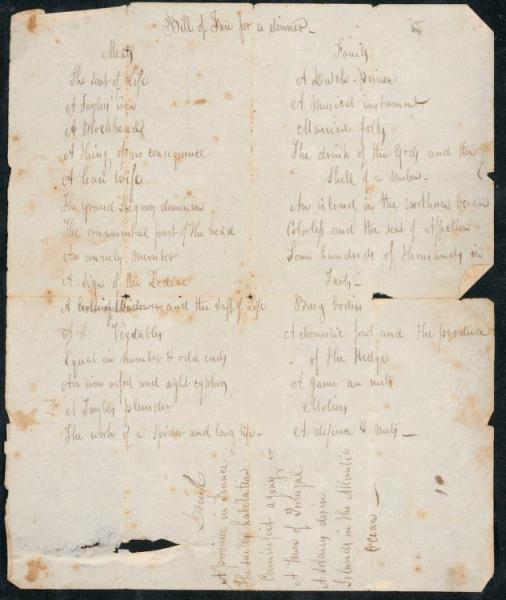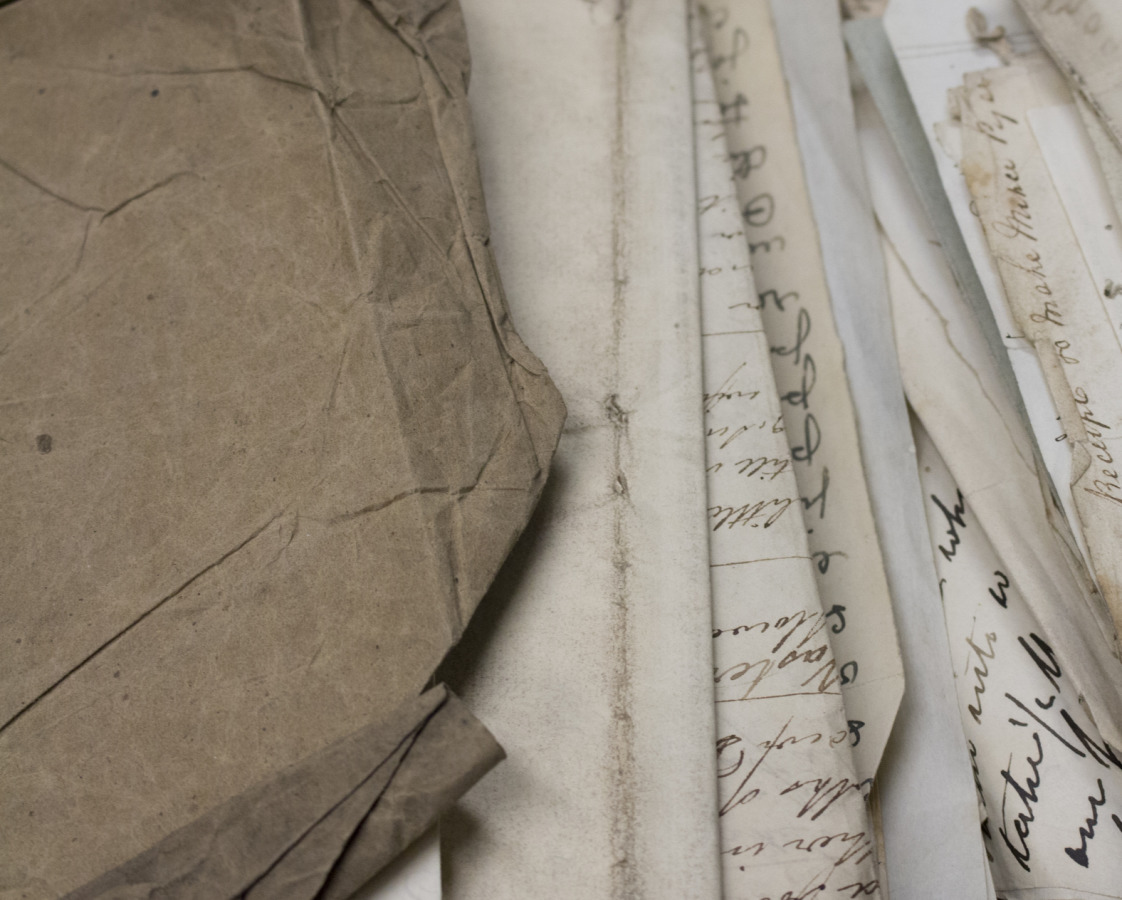In 2019, the McGill University Library initiated a pilot project using Quartex's handwritten text recognition technology (HTR). Beginning with a selection of manuscript material from our Rare Books and Special Collections, the Doncaster Recipes Collection and the Fur Trade Collection, this platform provides researchers with a streamlined and accessible tool to support the use of handwritten material in research.
Search across entire collections of manuscript material for subjects, people, place names, and subjects. Download entire transcripts or use the image viewer to compare documents side by side. Explore these manuscript and archival collections in new ways, opened up by the power of handwritten text recognition.
Search the Doncaster Collection
Search all the collections

Doncaster Recipes Collection
This collection purchased from Justin Croft Antiquarian Books in January 2017 and held at McGill University’s Rare Books and Special Collections consists of fifteen books, ten notebooks and approximately 300 loose documents, containing over 1,600 culinary, medical and household handwritten recipes, all of which is now searchable using OCR and Handwritten Text Recognition. These documents originated chiefly from the Doncaster area of South Yorkshire, centred on Hooten Pagnell Hall, and date from roughly the 1780s through the 1850s. The bound volumes include two printed works by female authors, while many of the manuscripts and notes are signed by or addressed to Sarah Anne Warde. Two of these notebooks are attributed to Sarah Anne Warde, and another to Eliza Smithson. Learn more about Smithson’s table setting riddles -- also known as an enigmatical bill of fare -- in The Riddle Project.
Fur Trade Collection
Rare Books and Special Collections houses a significant amount of archival material relating to the commercial fur trade of the 18th and 19th centuries. These collections include material documenting the finance, accounting, and administration of the North West Company, as well as the kinship networks that solidified wealth and political power amongst its senior management and major shareholders.
The papers include material relating to James McGill, McGill University’s original benefactor, and members of his social circle, including Simon McTavish, for whom McTavish Street, which runs through the centre of the University’s downtown campus, is named, as well as other members of the Beaver Club, an elite dining club created by North West Company shareholders in Montreal.


